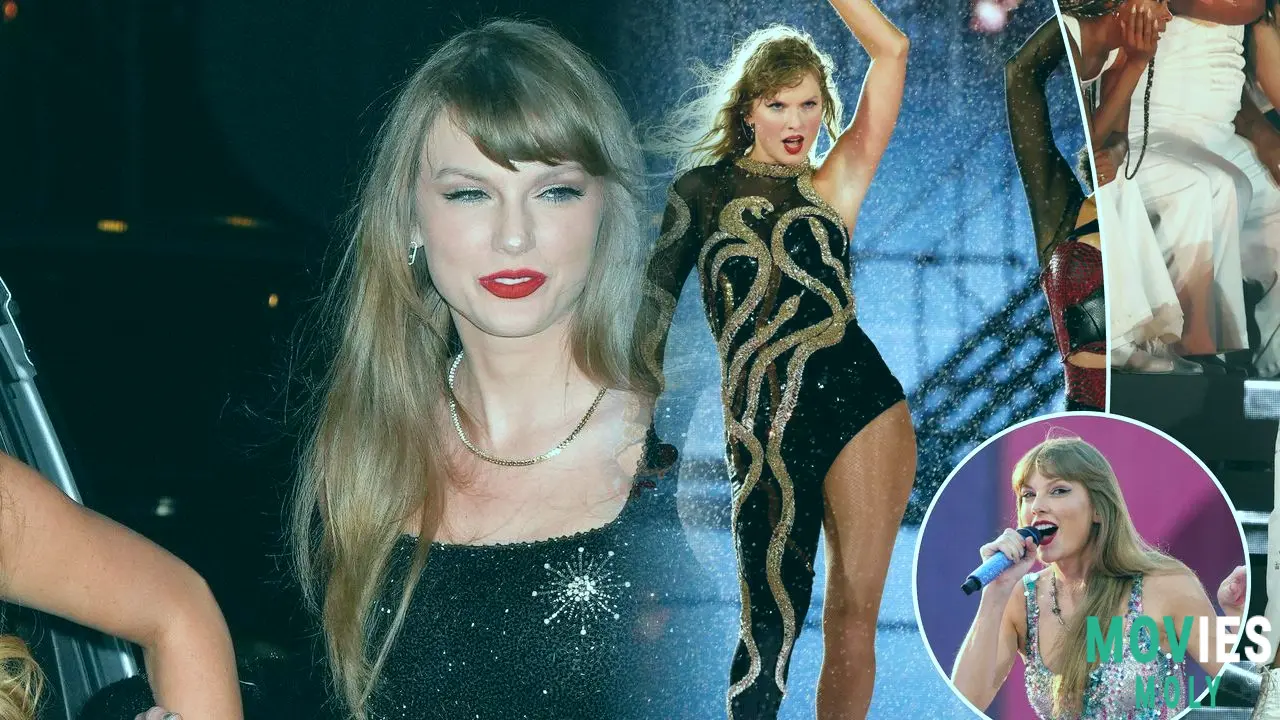Justin Baldoni, once known for championing masculinity and empathy in projects like The Bay and Man Enough, now finds himself at the heart of a legal maelstrom that’s overshadowing his entire career. The director and star of It Ends With Us is embroiled in a high-profile lawsuit with Blake Lively — and her husband Ryan Reynolds — that's grown so messy it’s pulled in Taylor Swift, of all people.
The explosive lawsuit turning Hollywood relationships into courtroom dramaWhat began as a behind-the-scenes conflict during the production of the 2024 film It Ends With Us has spiraled into a full-blown legal war. Lively accused Baldoni of sexual harassment and creating a hostile work environment. She also alleges that when she spoke up, Baldoni retaliated with a media smear campaign aimed at damaging her reputation. Baldoni denies all these claims and has countersued — not just Lively, but also Reynolds and her legal team — alleging defamation, extortion, and a hostile takeover of his film.
Justin Baldoni’s $400 million defamation countersuit paints a picture of a director who claims he was undermined on his own set. One of his most provocative allegations: that Reynolds and Lively pressured him into accepting script rewrites — with help from Swift.
How Taylor Swift became an unintended player in this cinematic showdown
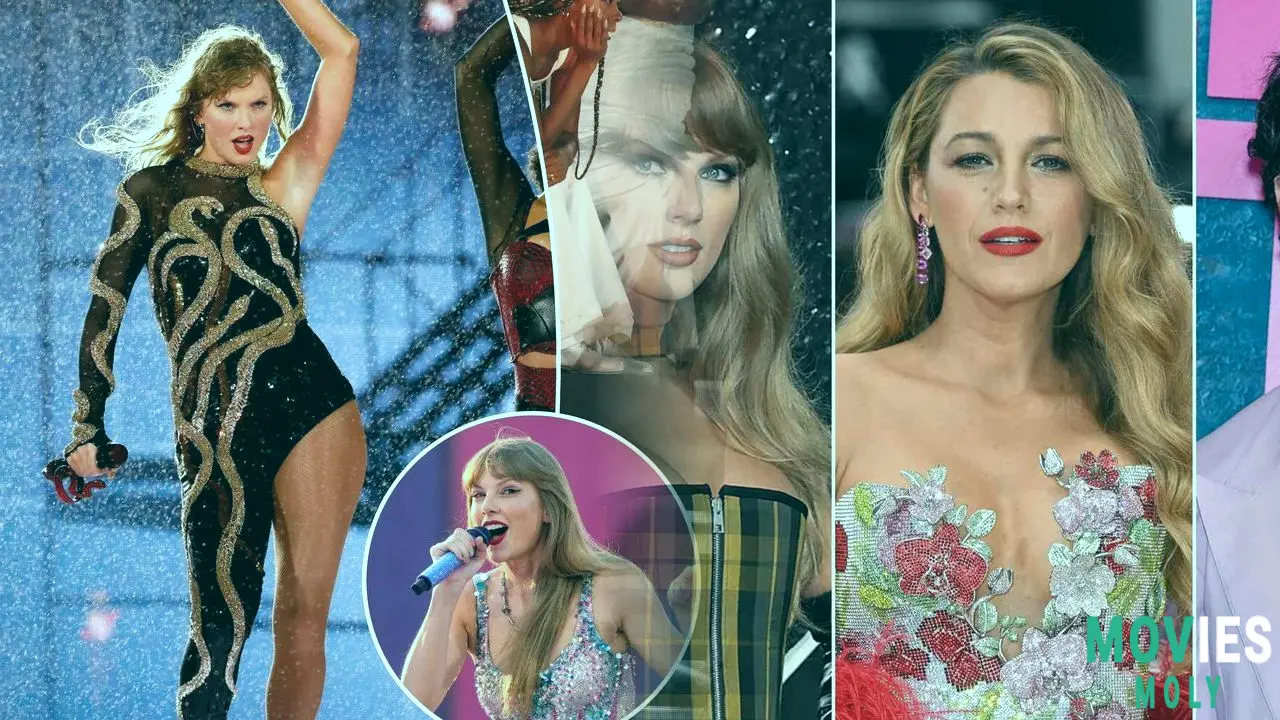
Swift’s name surfaced in court documents through text exchanges and a controversial production meeting. Baldoni’s team alleges that during a key discussion about a rooftop scene, Lively brought Reynolds and Swift into the room — even though Swift had no official role in the film. According to Baldoni, the trio pushed for Lively’s version of the script, leaving him little choice but to comply.
In a now-infamous text to Lively, Baldoni wrote, “I really love what you did. It really does help a lot. Makes it so much more fun and interesting. (And I would have felt that way without Ryan and Taylor),” accompanied by a wink emoji. Lively responded with a metaphor drawn from Game of Thrones, calling herself “Khaleesi” and referring to Reynolds and Swift as her “dragons.”
Despite the drama, Swift’s team is adamant she’s being dragged into this mess without cause. A spokesperson confirmed she never set foot on the set, had no say in casting or editing, and only licensed her song “My Tears Ricochet” for the soundtrack. The subpoena seeking her involvement, they say, is nothing more than a tactic to create tabloid buzz.
The allegations beyond the script: sexual harassment, smears, and a 2 a.m. apology
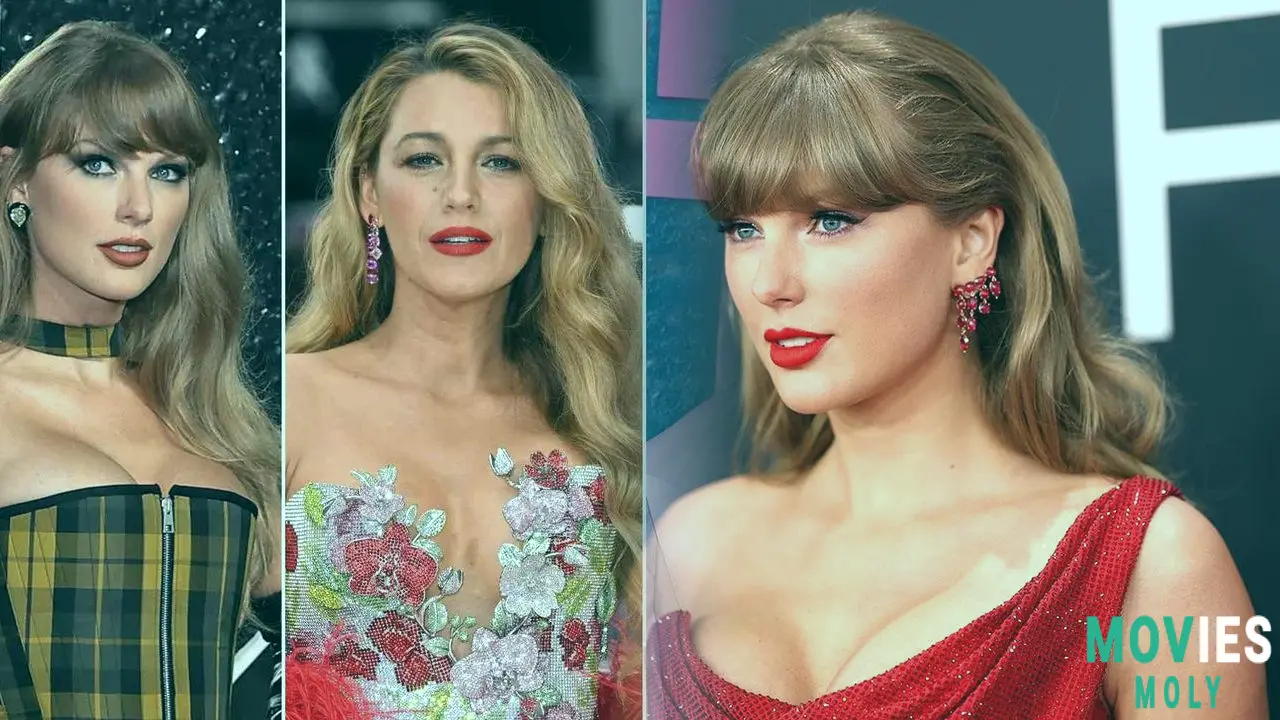
Lively’s original complaint, filed with the California Civil Rights Department in December, describes Baldoni’s behavior as “disturbing” and “unprofessional.” She claims other women on set also felt uncomfortable with his actions. In response, Baldoni’s camp has released behind-the-scenes footage they say disproves Lively’s version of events — including the now-controversial rooftop scene.
One particularly striking moment in the filings is a late-night voice message Baldoni sent to Lively — over seven minutes long — where he apologizes for anything that may have upset her. The emotional tone of the message, sent at 2 a.m., only adds to the sense of a production in freefall.
Deadpool jokes, public relations wars, and the fallout from a failed image
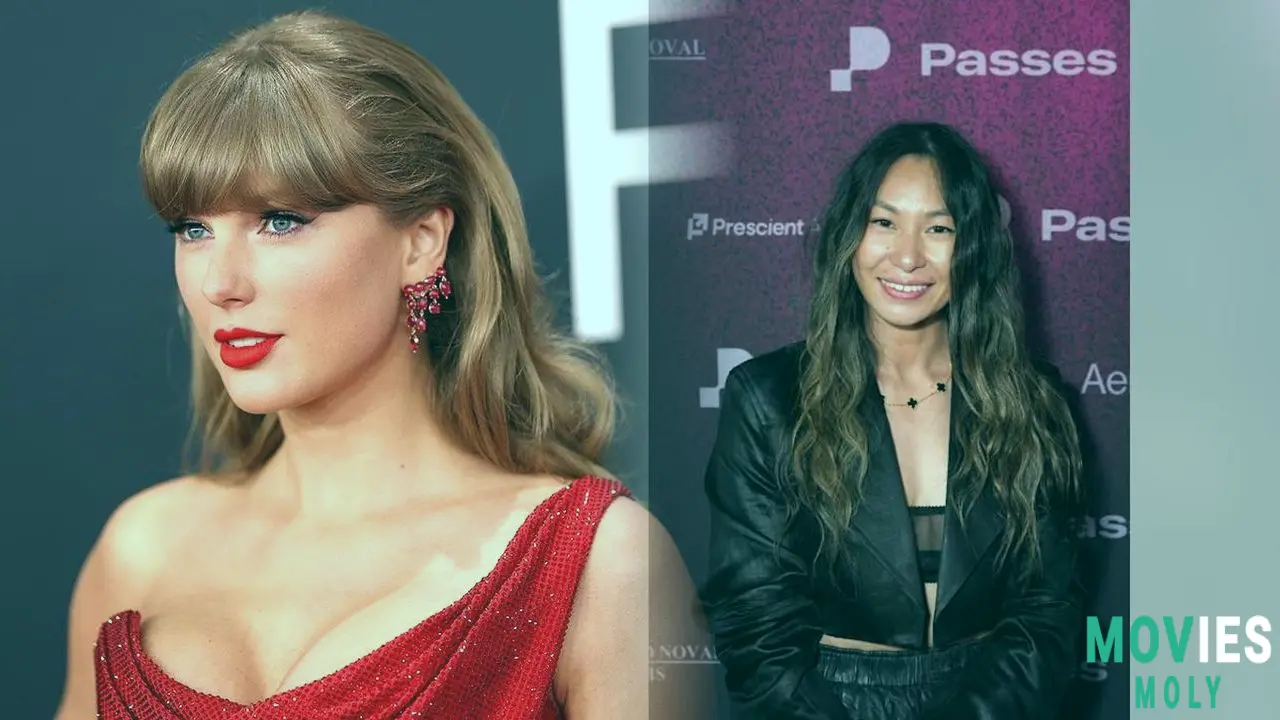
Adding another layer of complexity, Baldoni alleges that Reynolds — who had no formal role in the film — secretly rewrote scenes and made unauthorized script changes. He even claims Reynolds mocked him in Deadpool & Wolverine through a character named “Nicepool,” using the role to belittle Baldoni’s authority.
Meanwhile, Lively’s team accuses Baldoni and his PR circle of orchestrating a “social manipulation campaign” to tarnish her image during the film’s release. They describe it as a coordinated effort to weaponize media narratives — a charge that’s only deepened with Baldoni’s recent lawsuit against The New York Times for what he calls “libelous” reporting.
What the trial means for Justin Baldoni’s career and public perception
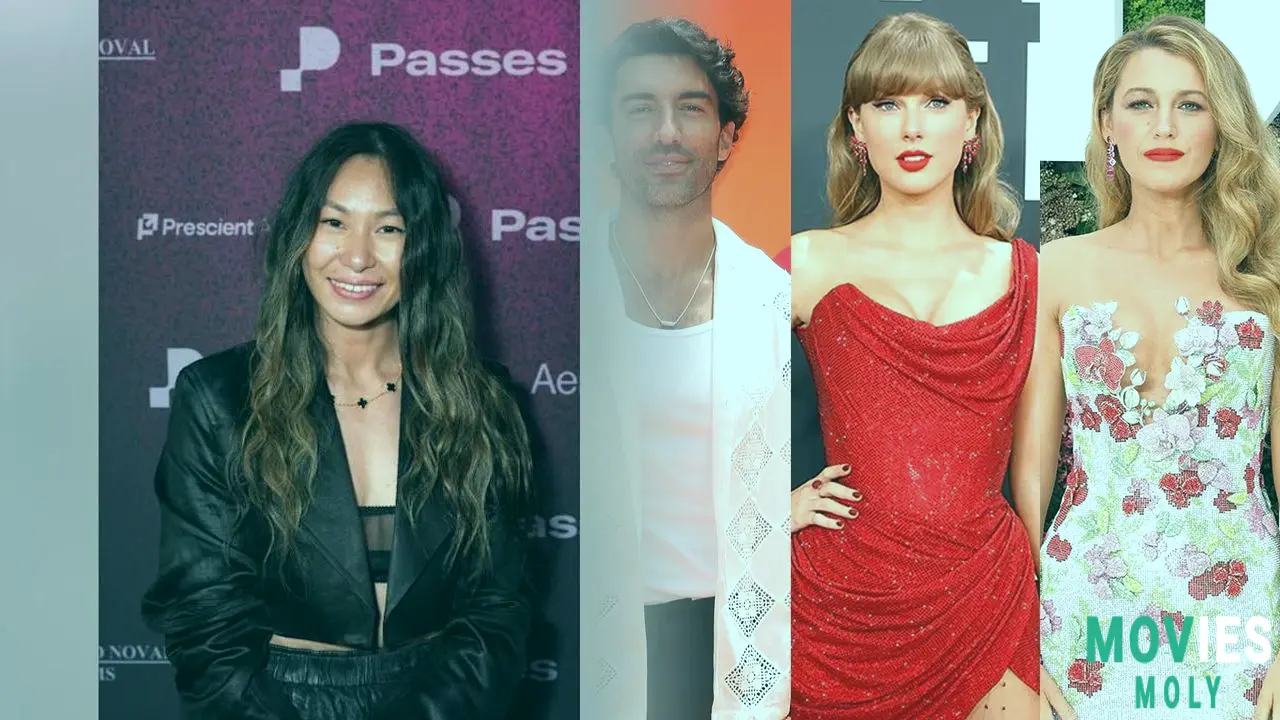
The trial, scheduled for March 2026, won’t just determine legal guilt or innocence. It’s become a battleground for reputation, gender dynamics, and power in Hollywood. Baldoni, who built much of his brand around emotional honesty and gender respect, now faces allegations that strike at the core of that image.
Whether he can reclaim his narrative—or if this will permanently redefine his public persona—remains to be seen. One thing is clear: Justin Baldoni’s next project won’t be a film. It’ll be surviving the fallout from It Ends With Us, both on and off the screen.

